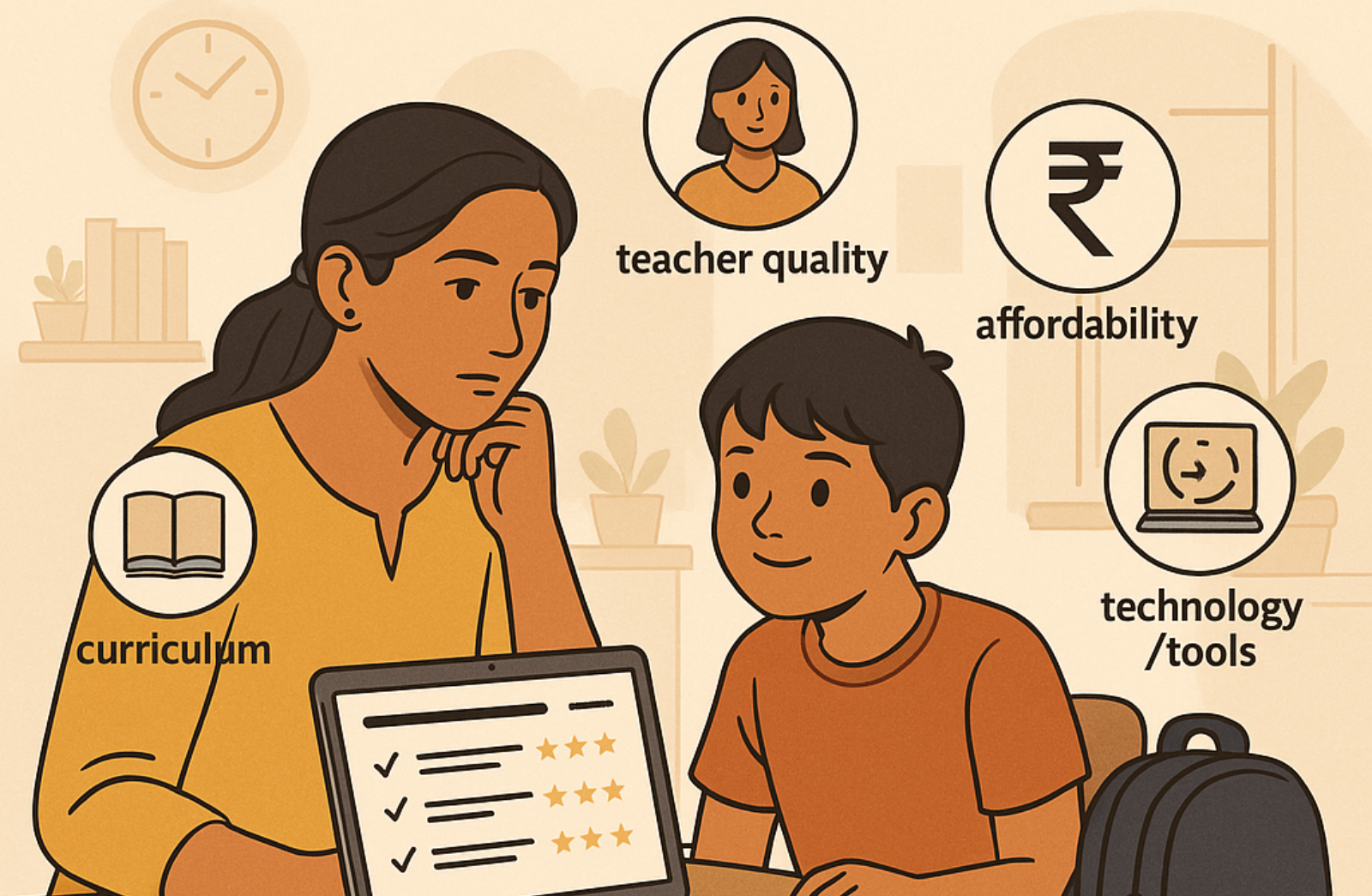-
Future School
-
2 Mar, 25
-
8 Min Read
-
15 Comments
Why Every Child Should Learn Financial Management Before 15
Imagine if every 15-year-old knew how to budget, save, invest, and build wealth—not just for themselves but for their families, communities, and future. While many schools focus on algebra and geometry, they often overlook one of life's most critical skills: financial management.
"Financial literacy is the most under-taught but over-needed subject in education today."
Financial Education Expert
1. Builds a Strong Financial Mindset Early
By age 7, most children have already formed money habits. By age 15, they're capable of understanding compound interest, passive income, and budgeting.
- Encourages healthy money habits
- Builds a growth mindset
- Promotes delayed gratification
"Children begin to think in terms of value, investment, and impact—not just spending."
Child Psychology Expert
2. Prevents Financial Mistakes Later in Life
Most adults struggle with credit card debt, poor budgeting, and living paycheck to paycheck. Teaching kids about credit, assets vs liabilities, and the importance of saving can help them make better choices in college and adulthood.
3. Makes Math Meaningful
Financial education brings real-world context to math:
- Percentages → Learn interest rates
- Fractions → Split investments
- Charts → Analyze spending or stocks
"When kids see how math applies to money, they engage more and learn faster."
Mathematics Educator
4. Unlocks Entrepreneurial Potential
Young minds are bursting with ideas. When they understand cost vs profit, customer acquisition, and pricing and branding, they're empowered to build micro-businesses.
5. Introduces the Power of Investing
Teaching children how to open a savings or investment account, understand the stock market basics, and calculate compound interest gives them a 15–20 year head start on wealth building.
"By starting early, even with ₹500/month, they can become financially free in their 30s."
Investment Advisor
6. Encourages Responsible Consumer Behavior
Financial literacy helps children understand that they don't need to look rich—they need to be rich. It builds confidence, clarity, and calm in a noisy consumer world.
7. It's the Foundation of Future Freedom
Money gives options. Whether your child wants to travel, start a social enterprise, build a tech startup, or support their family, they need financial confidence.
What Should They Learn Before 15?
| Skill | Why It Matters |
|---|---|
| Budgeting | Controls spending & saves money |
| Saving Goals | Teaches discipline & planning |
| Digital Payments & UPI | Navigates the modern economy |
| Basics of Banking | Understanding accounts, cards, interest |
| Investing 101 | Grow money wisely |
| Entrepreneurship Basics | Encourages innovation & independence |
| Giving & Impact | Builds empathy & social awareness |



